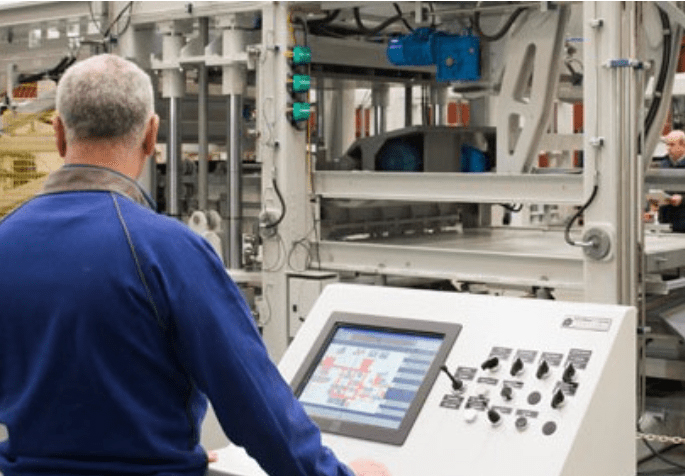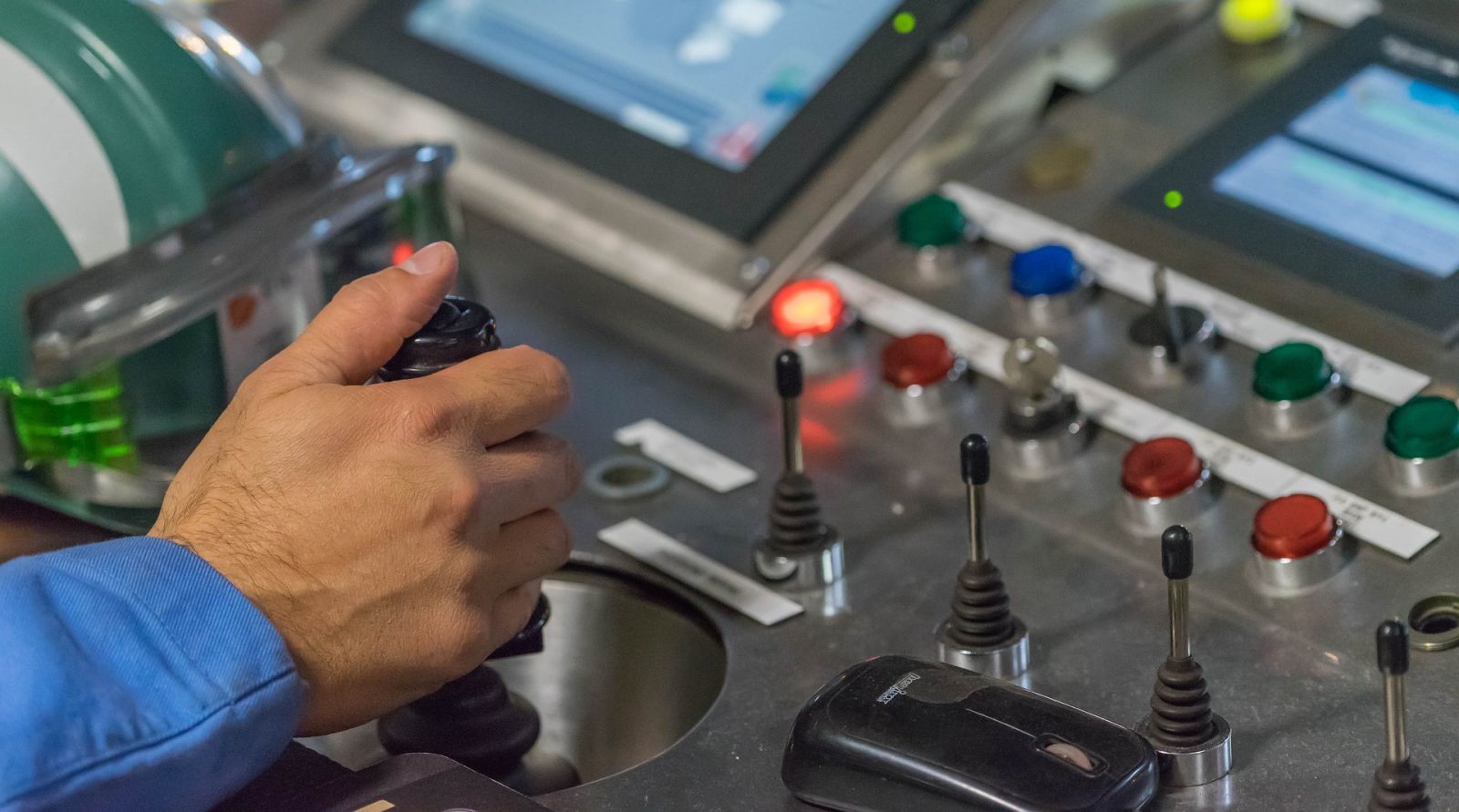
Do you want to know more about Security Around Block Making Machines
As a result of their rapid, reliable, and sturdy results, block making machines are gaining popularity in both industrialised and developing nations.
The building industry in fast-developing regions like Africa and Southeast Asia has a significant need for these machines. Despite their usefulness, Block Making Machines require constant upkeep. The harshest weather conditions, along with sand, gravel, and other micro-particles, are common for these large machines to work in. The challenging environments in which these machines must operate require extra attention during routine maintenance if they continue operating at peak efficiency.
There are several concrete block making machines on the market, each with unique maintenance requirements. In this essay, Learn the best practises for taking care of your block-making machines right here.

Security tips for handling Block Making Machines
1. Training consistently
These days, training is an integral aspect of any business. Training workers not only helps them become familiar with the equipment and learn how to use it safely but also teaches them how to maximise its potential.
Problems might arise due to staff turnover, lapses in knowledge, and inefficient procedures. It"s easy to put off training new hires. Ideally, there would be a structure to ensure these training processes are carried out both initially and periodically for all personnel.
2. Establish a routine for upkeep and fixing
A maintenance plan can help you avoid costly breakdowns by ensuring that moving parts are regularly inspected and fixed. There are several moving parts in block machines, each of which needs to be examined to guarantee a long life and continued efficacy.
All grease points must be checked, as must the anti-vibration mounts; the feed tray scrapers must be adjusted regularly to prevent spillage, and sensors must be kept clean and in working condition.
3. Maintaining a spotless machine
The look and functionality of a block manufacturing machine can be negatively affected because it is frequently used in dirty quarry settings. Sensors and grease points must be cleaned regularly to ensure optimal machine performance. Machines may continue their cycle without material or have other issues if their sensors are filthy.
Storage sheds or other buildings are ideal for housing heavy equipment. Rust and decay can occur after exposure to the elements for too long. The equipment should be run whenever possible, even if not in use.
4. Regular lubrication
Daily greasing is an absolute necessity when using equipment for manufacturing blocks that do not have an automatic lubrication mechanism. Lubricants lower the amount of friction that develops around any moving part. Large machinery equipment and components have a longer lifespan when regular lubrication maintenance is performed. One of the first and foremost tests you should make is the lubrication. Make sure you"re using the proper lubricant. Each component requires its unique oil or grease. Seek advice from the maker before using.
Troubleshooting heavy machinery often involves checking the lubricants. The used oil is analysed for particles by specialists. The composition of any impurities will reveal which component is experiencing wear or failure.
5. When something breaks, replace it
Regular maintenance and periodic replacement of worn components are essential for keeping heavily utilised machinery functioning at peak efficiency. Changing them out as soon as you see wear or damage can save you from replacing more expensive components. Maintaining a modest supply of frequently used parts on hand is a good idea to avoid machine downtime.
6. Low-Temperature Maintenance
The output of any heavy machinery is not the same in the winter as in the summer because of the vastly different air conditions. Because of the prevalence of water consumption in production, materials may freeze if the temperature drops too low.
Insulating raw materials and encouraging their use of antifreeze are two possible solutions. Since lubricants can potentially be damaged by freezing temperatures, it is recommended that antifreeze be included in them. It is recommended that all hydraulic fluids be drained from equipment before putting them to sleep.
.png)
Conclusions about Security Around Block Making Machines
The measures above can greatly increase the Return on Investment from costly gear by extending its service life.

